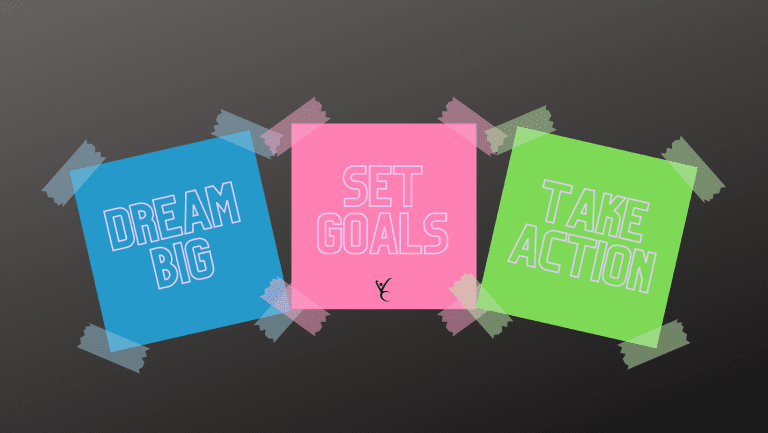
Into the new year, us as adults usually re-evaluate our life and set new goals or new years resolutions. Do you take the time to do the same practice with your kids? Teaching your kids about goal setting at an early age can be a valuable teaching moment. The practice of choosing achievable goals can help kids learn about accountability, communication, and decision-making skills.
It is important to follow the same goal setting rules as for adults. The goals must be specific and achievable. For example, your child may say they want to “be healthier”, instead, suggest a more specific goal such as “spend 30 minutes outside each day.” It is also okay to adjust goals if you find they are too hard to accomplish. Kids don’t need a reward each time they accomplish a goal, instead teach them that achieving the goal is the reward! Of course, make goal setting fun and discuss with them what it means to complete the goals. It is important for them to learn early on that they don’t always need a reward such as a ribbon, candy, or toy.
Below are a few ideas to help get your children started with 2023 goals:
1. “I’m going to eat two pieces of vegetables at lunch daily” or “I will try one new food each week”
These are two examples that help your child set healthy goals with food. Focus on the area you and your child need to work on and make specific and achievable goals from where they are starting from. Slow and steady wins the race.
2. “We are going to read for 30 minutes before bed instead of screen time” or “We will play outside for 30 minutes each day instead of using my iPad”
We spend so much time with electronics for school and play that scheduling time to unplug is so important. It is important for kids to use their creativity to explore the world.
3.“I’m going to set the table for dinner every night” or “I make my bed each morning”
Having your children become active participants in the family chore list is important. It will not only reduce your time cleaning up their messes, but it makes them responsible for the mess they created. Your kids will feel useful and needed and you will be able to spend more quality time with them.
4. “I will pick out my clothes each night before bed”
This goal will cut-down arguments over clothing choices that may start the morning out on a bad foot and help them prepare for the next day. The more your children accomplish on their own the faster you will be able to complete your morning routine.
5. “I’m going to do one random act of kindness each week” or “ I will say “hi” to a new person this week”
This will establish early on the importance of social interactions and spreading kindness to others. Depending on the age of the child and social ability you will have to alter the goal. Verbal and nonverbal communication is a valuable lesson of human interactions.
Remember to make goal setting fun and age appropriate. It is never to early to start. Begin small with goals and grow from there. By making goal setting a family event you will establish life-long skills that will benefit them for years to come.




